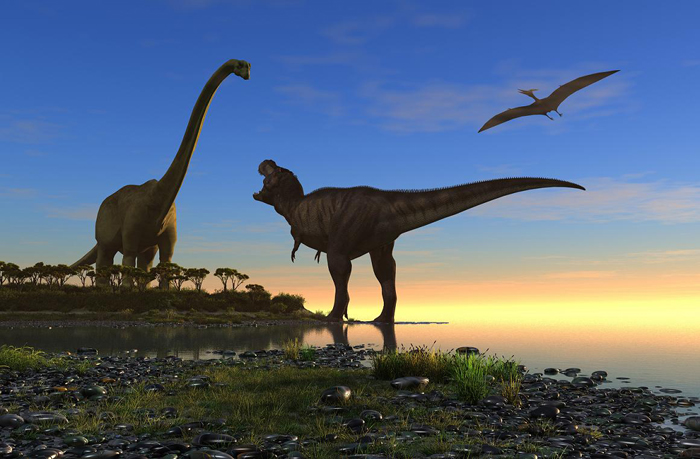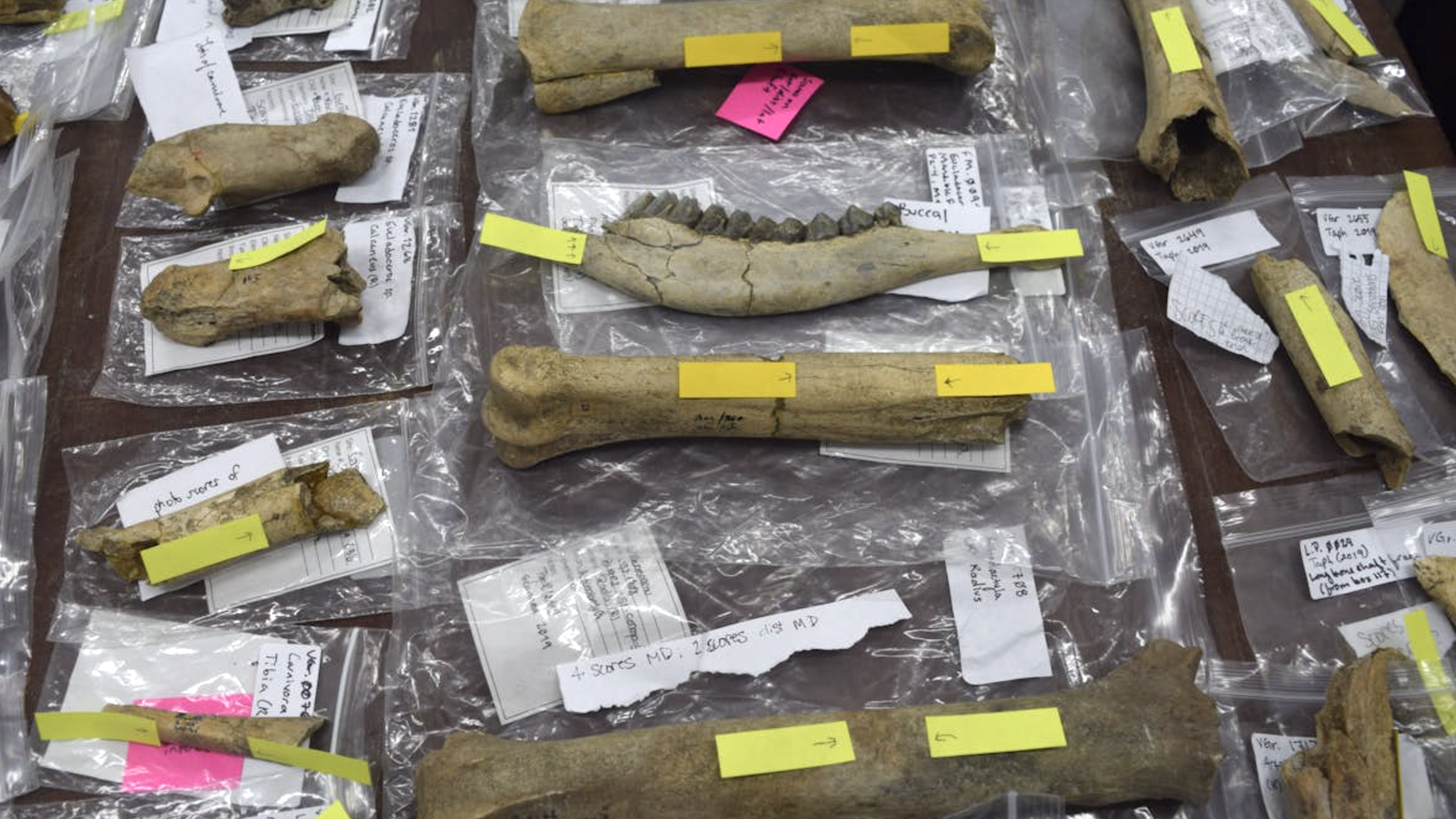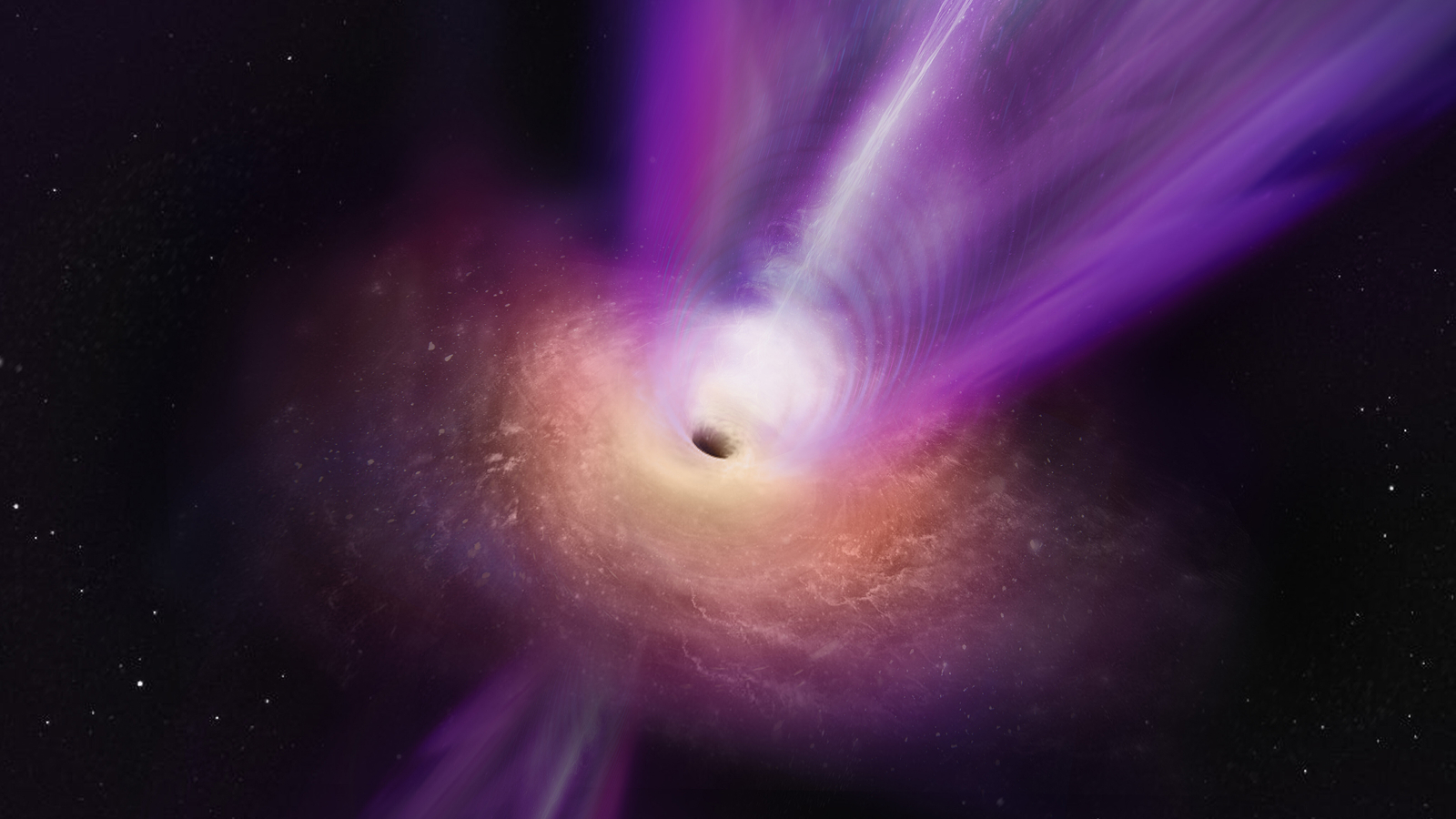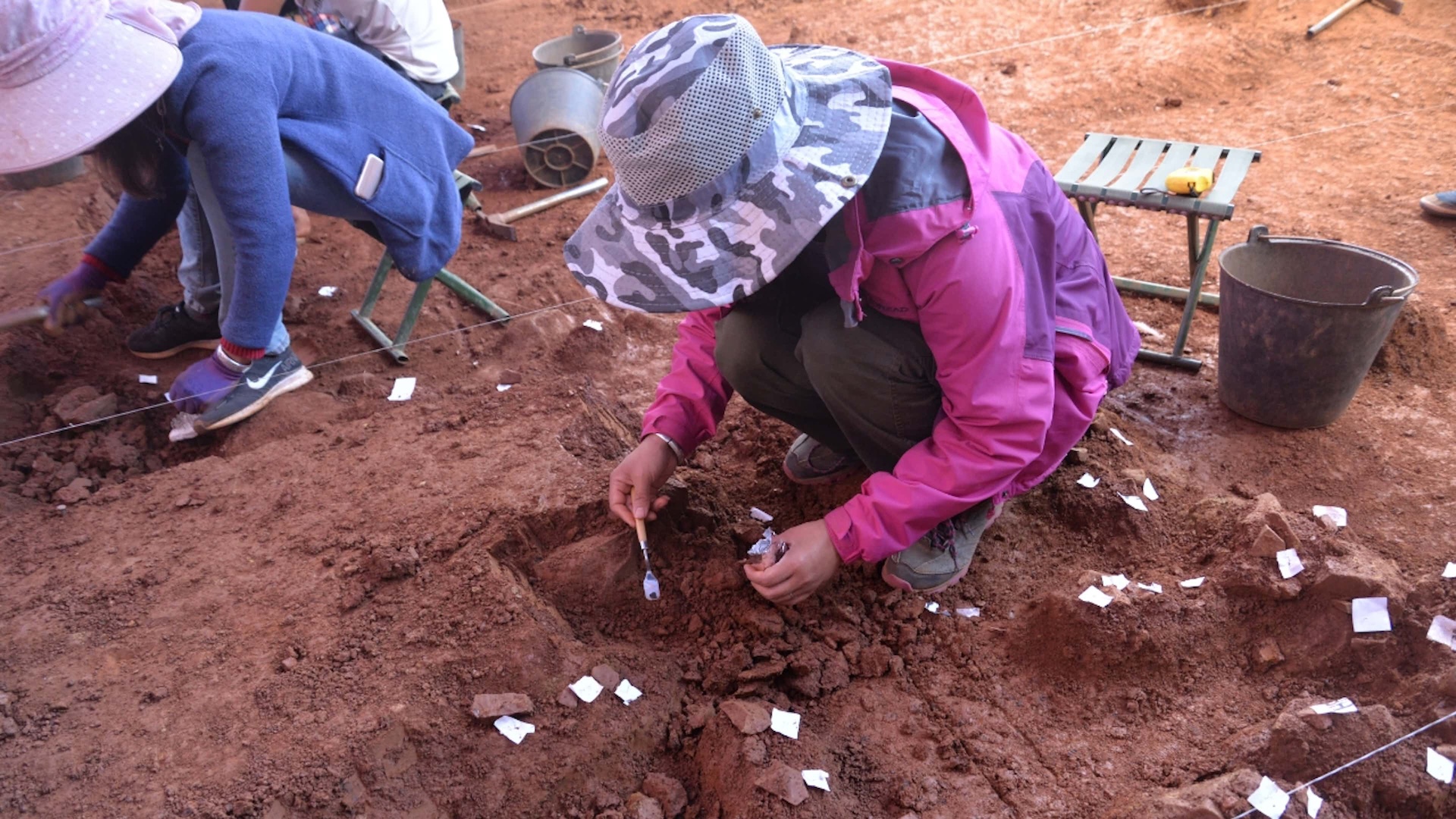
Richard Feynman's Lessons from Ants, Dinosaurs and His Dad (Video)

David Gerlach is the Executive Producer of Blank on Blank and he contributed this article and video to Live Science's Expert Voices: Op-Ed & Insights.
If you don't really have a head for math and science, physics may be the most intimidating subject of them all. It's space and time, the make-up of the entire universe — incredibly abstract and mind-bending stuff, and enough to make a lot of students throw in the towel. And that's where Richard Feynman really made his mark. Of course he did all kinds of groundbreaking work, like his theory of quantum electrodynamics. He proposed the parton model in the field of particle physics. He was even part of the atomic bomb project and part of the team investigating the explosion of the NASA Challenger space shuttle. [The Physics of Peeing, and How to Avoid Splash-Back ]
But he was also an amazing teacher, a dynamic and charismatic lecturer who showed the fun in physics . He was one of those rare people who not only naturally understood math and science, he was actually able to make other people understand it, too. And like it.
Richard Feynman on What It Means | The Experimenters | Blank on Blank from Quoted Studios on Vimeo.

Starting in 1966, science historian Charles Weiner interviewed Richard Feynman as part of an extensive oral history project at the American Institute of Physics. Recording hours of tape, Weiner recorded the details of Feynman's entire career, his whole life. On that tape, Feynman talked about his earliest memories — what and who shaped the world-famous physicist — and the teacher he'd later become. And most influential of all, a man who was neither a scientist nor a mathematician, a man who didn't even have any formal education — his dad.
"Richard Feynman on What It Means" is part of The Experimenters series, from the creators of Blank on Blank. This special series is all about discovering the stories behind innovators and their creative ways of thinking.
Follow all of the Expert Voices issues and debates — and become part of the discussion — on Facebook, Twitter and Google+. The views expressed are those of the author and do not necessarily reflect the views of the publisher. This version of the article was originally published on Live Science.
Sign up for the Live Science daily newsletter now
Get the world’s most fascinating discoveries delivered straight to your inbox.










